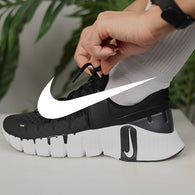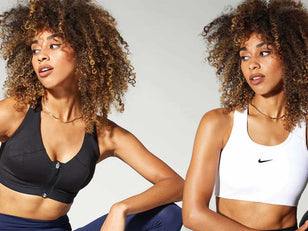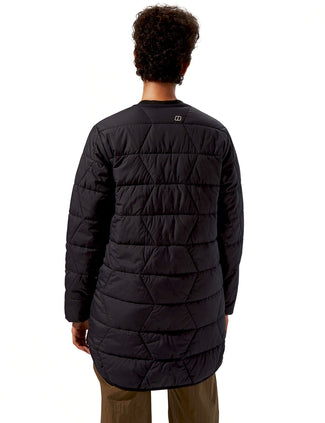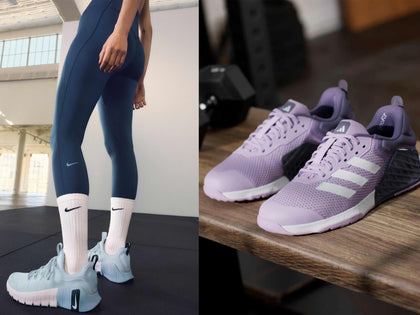Collagen is trending. And it’s not just for wrinkles anymore. The trend has spread from cosmetic injections to pills and powders and now can even be found your morning morning matcha!

What is collagen?
Collagen is the most plentiful protein in your body. You find it in your bones, muscles, teeth, skin, tendons, cartilage, hair, nails and even blood vessels.
Structurally, collagen is made of predominantly three amino acids:
- Glycine
- Proline
- Hydroxyproline
Chains of these three amino acids (polypeptides) are coiled, twisted and cross-linked into a triple-helix configuration for additional strength. These collagen polypeptides attach to carbohydrate chains, which also make them glycoproteins. Glycoproteins help support our immune system, digestive system and reproductive systems.

What causes low collagen levels?
Ageing
As you get older your collagen levels naturally decrease. While you can’t measure your levels, decreasing amounts of collagen contribute to:
- Wrinkled skin
- Less flexible tendons and ligaments
- Weakening muscles
- Joint pain
- Gastrointestinal issues due to thinning of the lining in your digestive tract
Poor diet
Aside from ageing, a poor diet is the next probable reason for low collagen levels. Your body is not able to make collagen if you don’t have the necessary building blocks.
Too much sun exposure
Just as the body can make collagen, it can also breakdown collagen from spending too much time in the sun without adequate sun protection.
Smoking
Smoking causes the body to breakdown collagen in a similar way to sun exposure.
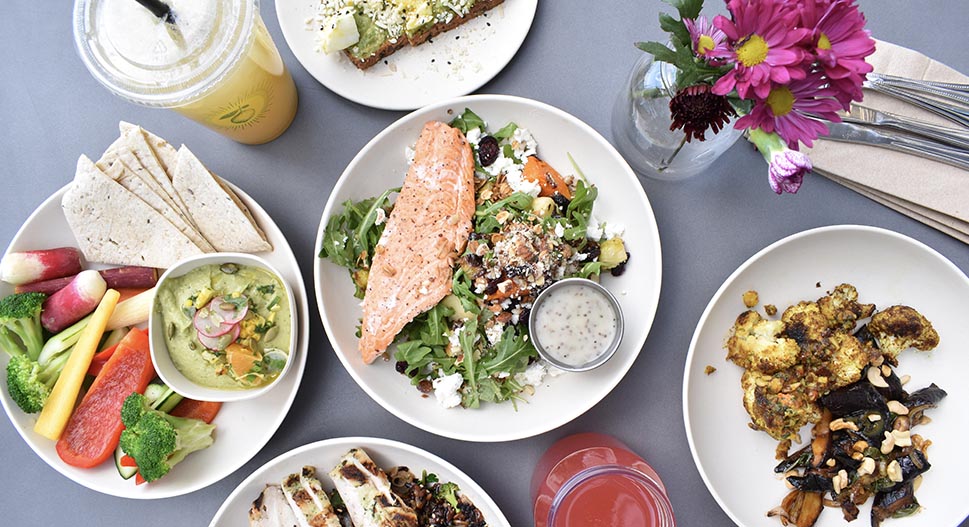
Where can I find collagen in food?
Your body makes collagen by combining amino acids from eating protein-rich foods from animal products, such as meat and dairy. And although plant based diets may not contain the same mix and amount of amino acids as found in meat-rich diets, it is still possible to successfully create collagen using certain plant-based foods.
These food types are particularly great for helping build collagen:
- Fish (especially with skin-on)
- Chicken
- Beef
- Bone broth
- Eggs
- Legumes
- Pulses
- Wholegrains
- Nuts
The importance of vitamin C, zinc and copper in collagen production
The process of making collagen in the body also requires three essential nutrients - vitamin C, zinc and copper.
VITAMIN C
This is key to collagen production because it plays a role in three hydroxylation reactions, which are important in order for the collagen molecule to change into a triple-helix configuration.
Good sources of Vitamin C are:
- Citrus fruits
- Berries
- Kiwis
- Red and green peppers
- Tomatoes
- Green vegetables
In order to acquire enough vitamin C, the key is to eat the rainbow in terms of vegetables and fruit.
ZINC
Zinc is a key nutrient for the production and functioning of collagenase - an enzyme that digests collagen in the gut before it gets used.
Good sources of zinc are:
- Meat
- Fish and shellfish
- Nuts and seeds
- Legumes
- Dairy
COPPER
Copper activates an enzyme called lysyl oxidase, which is essential for collagen maturation.
Good sources of copper are:
- Nuts
- Seeds
- Liver
- Leafy greens
- Shiitake mushrooms
- Oysters
- Dark chocolate

Do collagen supplements work?
Logically, it makes sense to take in nutrients that your body needs, yet isn’t producing., However ingested nutrients (particularly in supplement form) don’t always translate into your body absorbing them and subsequently being able to use the nutrient. This is indeed the case with collagen.
The research to date on whether collagen supplements are truly beneficial is minimal. The majority of research so far has focussed on its potential for improving joint health. Of these, a few studies have shown supplementation may reduce joint pain in athletes and those with osteoarthritis.
In terms of gut health, preliminary evidence appears to show that it may improve digestive health, but research is still in its infancy.
There is very little research into the effects of collagen supplements on skin health. However, while the research into this area is far from definitive, some studies have shown that collagen supplements may increase the amount of collagen and elastin in the skin and therefore may help to reduce wrinkles.
Conclusion
Collagen is a key nutrient that your body needs, especially as you age. It is therefore important that you look to include plenty of collagen-rich foods in your diet.
For these collagen-rich foods to be synthesised correctly, it is important to make sure that you eat enough foods containing the three supporting nutrients - vitamin c, zinc and copper - too.
A good quality supplement may help you on your journey, so long as it is considered an addition to a healthy, varied diet, as opposed to a replacement.
References
- Asserin et al. 2015. The effect of oral collagen peptide supplementation on skin moisture and the dermal collagen network; evidence from an ex vivo model and randomized, placebo controlled clinical trials. Cos Derm. 14 (4); 291 – 301
- Osser et al. 2016. Efficacy of specific bioactive collagen peptides in the treatment of joint pain. Osteo Cart. 24. (1). 189
- Vollimer et al. 2018. Enhancing Skin Health: By oral Administration of natural compounds and Minerals with Implications to the Dermal Microbiome. Int J Mol. Sci. 19 ( 10)
- Sheehy et al. 2018. Collagen-based biomaterials for tissue regeneration and repair. Peptides and Proteins as Biomaterial for Tissue Regeneration and Repair. 127 – 150
- Lugo J et al 2013. Undenatured type II collagen for joint support. A randomized, double blind, placebo controlled study in healthy volunteers. J Int Soc Sports Nutr;10: 48
- Czajka A et al. 2018. Daily oral supplementation with collagen peptides combined with vitamins and other bioactive compounds improves skin elasticity and has a beneficial effect on joint and general wellbeing.












